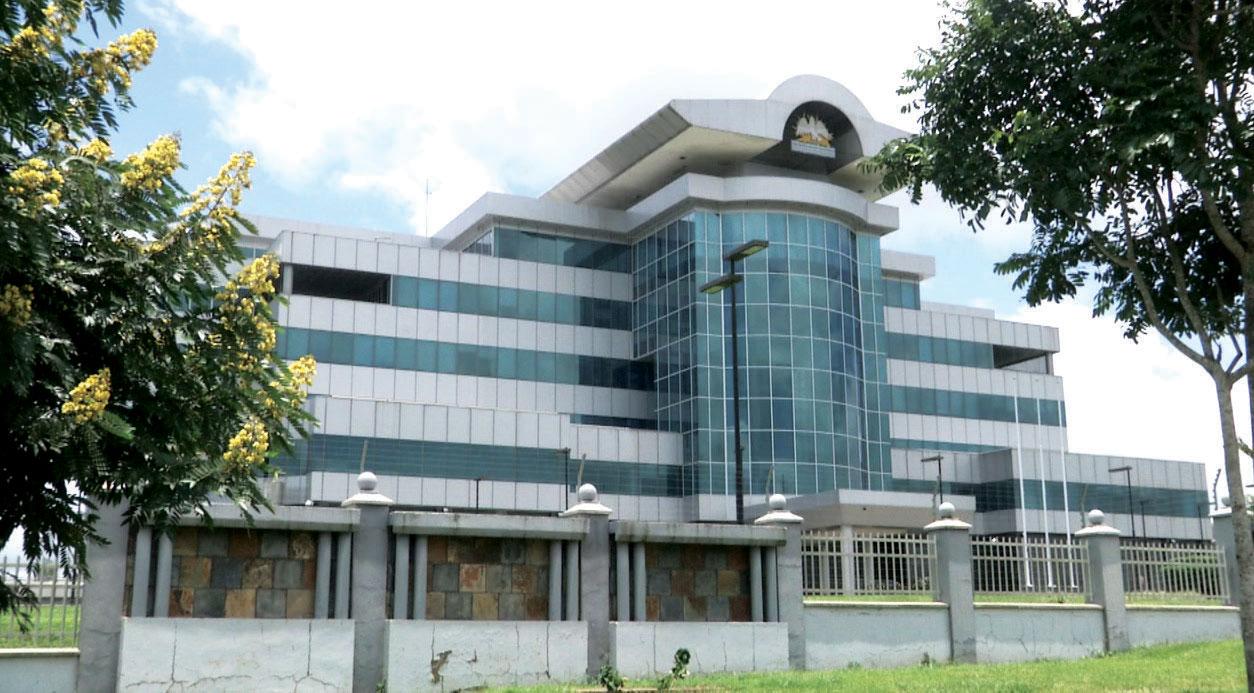Africa-Press – Malawi. The Reserve Bank of Malawi (RBM) has said sustaining the Affordable Inputs Programme (AIP) will exert pressure on the budget and foreign exchange reserves.
The development comes as Malawi’s forex levels have remained thin over the past couple of weeks and were seen at $374 million, or 1.5 months of import cover, as at March 31 2022.
In its March 2022 Market Intelligence Report released on Thursday, RBM says, as Russia and Ukraine are among the major global producers of fertiliser, the continued conflict between these countries and the associated sanctions have interrupted the supply of this commodity.
The central bank notes that, consequently, the prices of fertiliser continued to soar in March with Di-ammonium Phosphate (DAP) fertiliser edging up by 25.6 percent to $938.1 per metric tonne in March 2022, from $747.1 per metric tonne in the preceding month and $699.4 per metric tonne in January 2022.
“At the current trend, access to fertilisers could be a challenge during the 2022-23 agriculture season and may adversely affect production, thereby fueling supply-induced inflationary pressures.
“At the same time, sustaining the Affordable Inputs Programme under the current circumstances will exert pressure to the fiscal budget as well as foreign exchange reserves, both of which are inflationary risks,” RBM says.
An acute shortage of foreign exchange on the market has forced the black market to blossom with a dollar now trading at around K1,200, despite authorities maintaining the official value of the dollar at around K840.
In the 2022/23 National Budget, the government has set aside K109 billion for the purchase of fertiliser under the AIP down from K142 billion last year.
Last week, President Lazarus Chakwera told Agriculture Minister Lobin Lowe to make sure that all the preparations for AIP are through by September in readiness for the next growing season.
In its policy brief on redesigning AIP to diversify and sustain growth, the Mwapata Institute suggested interventions to improve the subsidy programme.
The think-tank noted that given their popularity, subsidies will likely continue having a role in the country’s agriculture sector for some time but that that does not preclude reforming them into a smarter, more targeted programme.
For More News And Analysis About Malawi Follow Africa-Press






